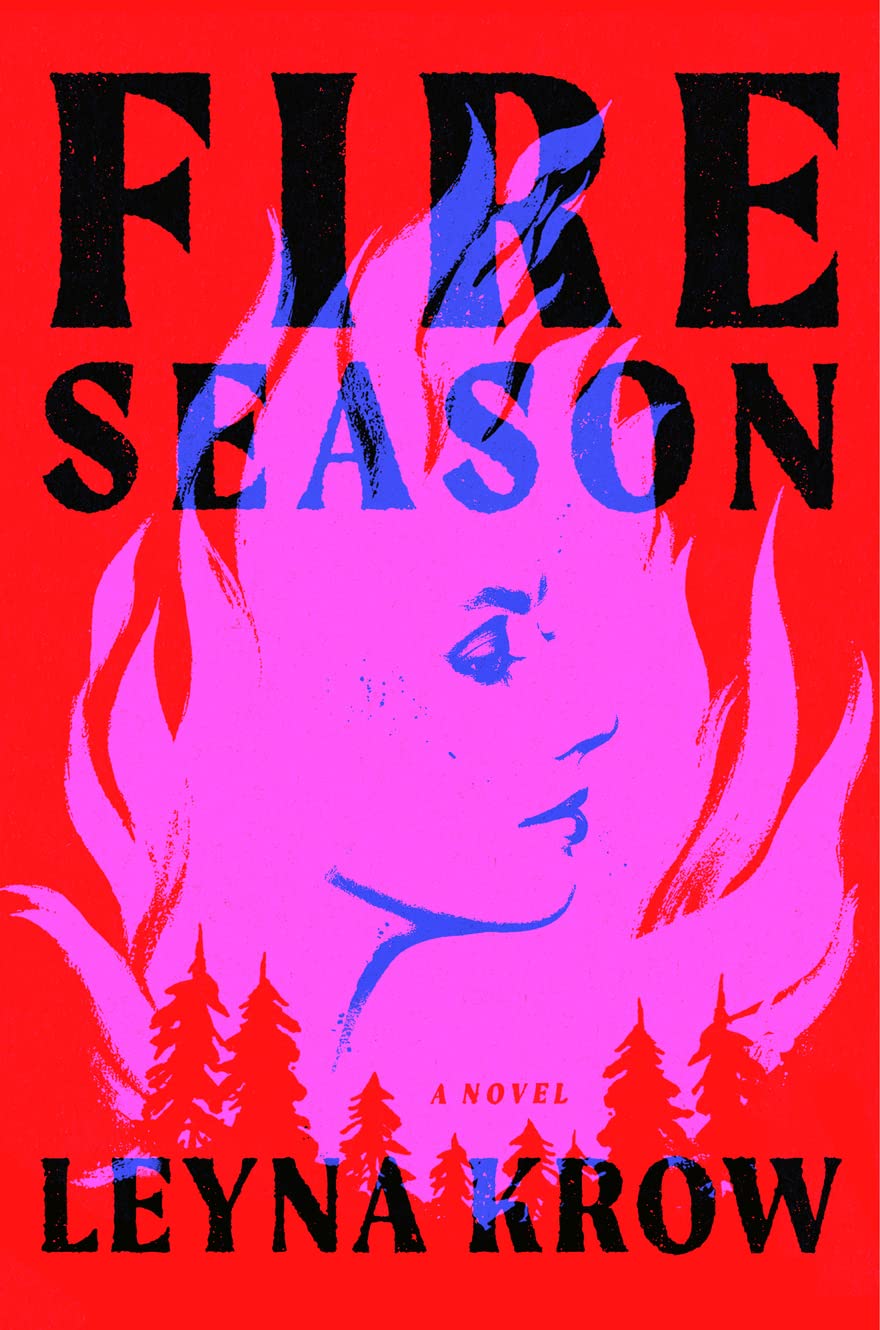Embers of Identity: A Profound Exploration of Leyna Krow’s “Fire Season: A Novel”

Introduction:
Leyna Krow’s “Fire Season: A Novel” is a mesmerizing and thought-provoking work of fiction that immerses readers in the complex and interconnected lives of its characters against the backdrop of the unforgiving wilderness. Through a series of interconnected narratives, Krow weaves a tapestry of human experience, exploring themes of identity, loss, and the search for meaning in a world fraught with uncertainty. In this comprehensive article, we will delve deeply into the intricate plot, rich themes, and compelling characters that make “Fire Season” a literary masterpiece.
Plot Overview:
Set in the rugged landscape of the Pacific Northwest, “Fire Season” follows the lives of several characters whose paths intersect in unexpected and often poignant ways. At the heart of the novel is Ruth, a young woman struggling to come to terms with the loss of her husband in a tragic accident. As Ruth grapples with her grief and loneliness, she finds solace in the company of a mysterious stranger named Steve, whose own past is shrouded in secrets.
Meanwhile, we are introduced to other inhabitants of the small town, each grappling with their own demons and desires. From the eccentric survivalist Thaddeus to the troubled teenager Lily, Krow paints a vivid portrait of a community united by its isolation and bound together by the harsh realities of life in the wilderness.
As the narrative unfolds, the characters’ lives become increasingly intertwined, leading to unexpected revelations and profound moments of connection. Through their shared experiences, they come to understand that while the wilderness may be unforgiving, it also holds the key to redemption and renewal.
Themes and Motifs:
At its core, “Fire Season” is a meditation on the human condition and the search for meaning in a world that often seems indifferent to our struggles. Through the trials and tribulations of its characters, Krow explores themes of grief, resilience, and the transformative power of nature. As Ruth and the other inhabitants of the small town grapple with their own personal demons, they are forced to confront the harsh realities of life and death in the wilderness, ultimately coming to understand the profound interconnectedness of all living things.
Moreover, the novel delves into the complexities of identity and belonging, highlighting the ways in which our past experiences shape who we are and the choices we make. From Ruth’s quest to find closure after the loss of her husband to Steve’s journey of self-discovery, “Fire Season” invites readers to reflect on the nature of identity and the importance of forging meaningful connections with others.
Character Development:
One of the novel’s greatest strengths lies in its richly drawn characters, each of whom undergoes a profound transformation over the course of the narrative. From Ruth’s journey of self-discovery to Steve’s struggle to come to terms with his past, Krow imbues each member of the ensemble cast with depth, complexity, and humanity.
Ruth herself emerges as a compelling and relatable protagonist, whose grief and longing resonate with readers on a deeply emotional level. As she navigates the challenges of life in the wilderness and confronts the demons of her past, readers are drawn into her world, rooting for her every step of the way as she searches for meaning and purpose amidst the chaos of her surroundings.
Setting and Atmosphere:
Krow’s evocative prose brings the world of “Fire Season” to vivid life, immersing readers in a realm of towering forests, rugged mountains, and vast expanses of wilderness. From the quiet solitude of Ruth’s cabin to the untamed beauty of the surrounding landscape, each setting is rendered with exquisite detail, capturing the sights, sounds, and sensations of the Pacific Northwest with remarkable authenticity.
Moreover, Krow infuses the narrative with a palpable sense of atmosphere and tension, keeping readers on the edge of their seats as they follow the characters’ journeys through the wilderness. From moments of heart-stopping danger to moments of quiet introspection, “Fire Season” is a masterclass in immersive storytelling, transporting readers to a world where the line between civilization and nature blurs and the forces of the wild hold sway over all who dare to venture into its depths.
Conclusion:
In “Fire Season: A Novel,” Leyna Krow has crafted a mesmerizing and deeply affecting work of fiction that captures the beauty and brutality of life in the wilderness with remarkable sensitivity and grace. Through its compelling characters, thought-provoking themes, and richly imagined setting, the novel invites readers on an unforgettable journey through the human heart and the untamed wilderness that surrounds it. As Ruth and the other inhabitants of the small town confront the challenges of life and death in the wilderness, they remind us of the resilience of the human spirit and the enduring power of hope in the face of adversity. In the end, “Fire Season” is not just a novel about survival, but a testament to the strength of the human spirit and the bonds that unite us all in the vast and unforgiving wilderness of life.







